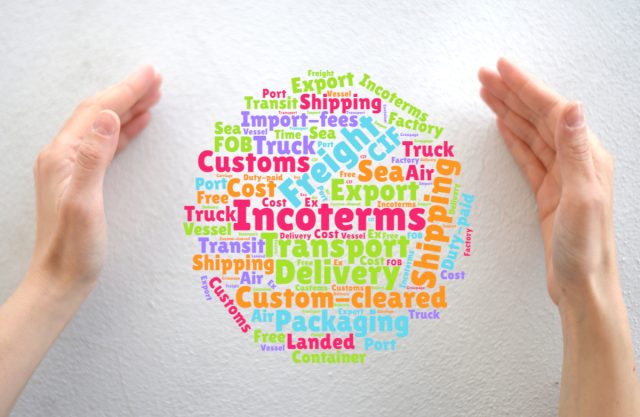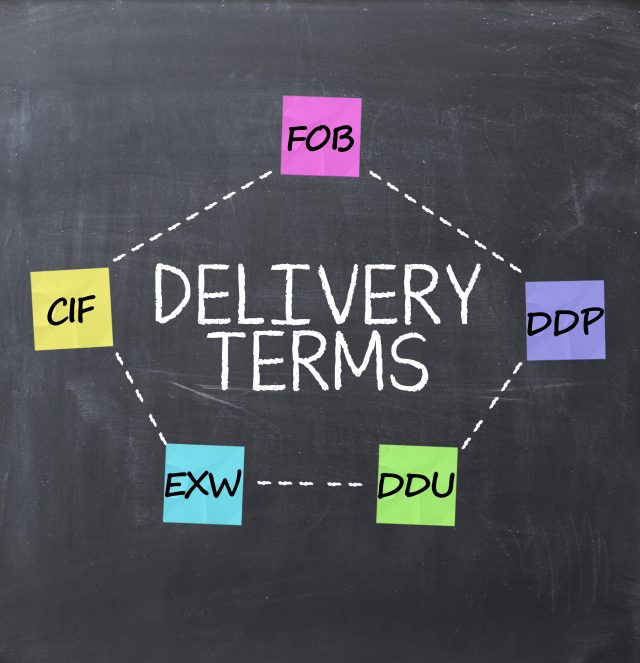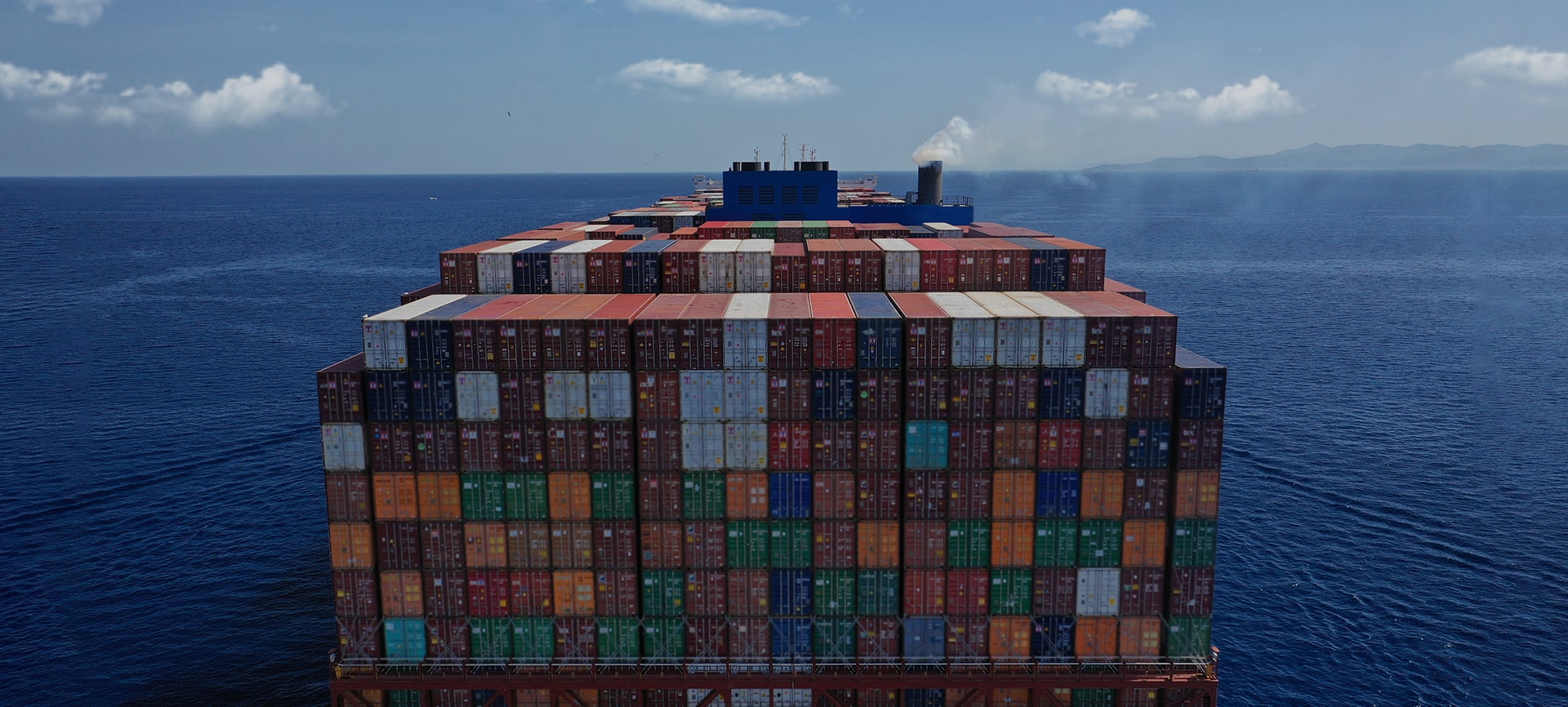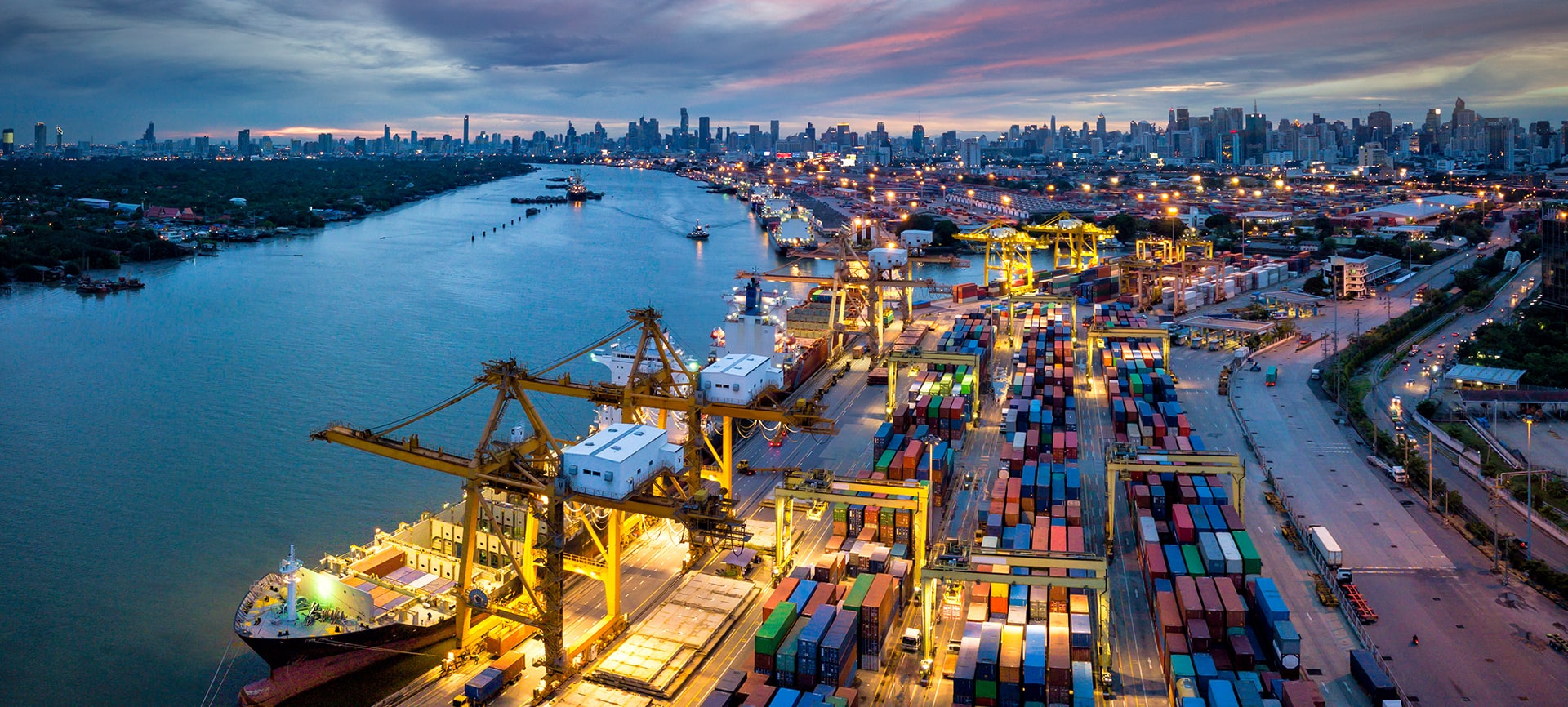Posted on: July 15, 2019 / Last updated: June 12, 2024
What is CIF? Here is the easiest explanation of CIF and CFR!


::
CONTENTS
What’s CIF?

CIF stands for Cost, Insurance, and Freight.
And it usually followed by the name of the destination port / import port specified after.
It refers to the conditions under which freight and insurance are prepaid by the exporter.
In CIF terms, exporter pay the ocean freight and insurance to the destination port.[br num=”2″]
The insurance required by CIF for sellers (exporters) are defined as the ICC’s tax payment amount (C), which is the minimum coverage.
If the buyer (importer) is seeking a wider coverage of insurance terms, they need to be agreed in the contract.
::
Characteristics of CIF

・ In terms of the cost and risk of the shipment, Exports and Imports need to understand its difference
The feature of CIF conditions is the cost and risk of the shipment transfer in different point from the exporter to the importer.[br num=”2″]
The responsibility for risk move from the exporter to the importer on the deck of the ship staying at the export port, where the cargo is delivered.
On the other hand, the shipper’s freight and insurance cost on sea transportation will be prepaid by the exporter. [br num=”2″]
In other words, although the the risk transfer from exporters to importers on the deck of the ship in the export port, but the freight and insurance costs must be prepaid by the exporter from the export location to the import port.
In CIF, exporter covers freight. It called Freight Prepaid (fee prepayment).[br num=”2″]
It is defined that insurance for CIF is insured under the FPA condition which is the insurance of the minimum collateral condition.
If the importer wants insurance that covers a wider range, it must be stated in the terms and conditions of the agreement.
::
Where is the point that cost and risk move from Exporter to Importer in CIF

・ Exporter’s responsibility is completed at the deck of ship at export port, but they should pay the freight by the import port.
Under the CIF terms, delivery of cargo is considered to be completed upon shipment. The risk is also transferred from the exporter to the importer when the cargo is touched down on the deck of the ship.[br num=”2″]
However, exporter should pay the cost for insurance and shipping from the loading to the arrival of the ship at the import port.
::
CFR

CFR is an abbreviation of Cost and Freight. And it usually followed by the name of the destination port / import port specified after. For example, CFR Tokyo.
CFR is the condition that removed the exporter’s responsibility of insurance payment from CIF. [br num=”2″]
The delivery point and transfer of cargo are the same as CIF, when the cargo is grounded on the deck of a ship anchored at the export port.
In practice, it may be expressed as C & F which is a traditional expression. However, CFR is the correct name, so using CFR notation is suggested.
::
Summary
This time, we have looked in detail at the CIF and CFR conditions.
CIF and CFR which are classified as Type C in Incoterms, the risk and cost transfer exporter to importer in different point. [br num=”2″]
For easier understanding, it is recommended to think separately the responsibility of risk from the insurance payment and freight. Such idea can be used to understand other Incoterms.
Confusion can be avoided by thinking separately following three elements that make up the trading conditions.
・ Place of delivery of cargo
・ The point where risk transfer (from exporter to importer)
・ The point where cost transfer(from exporter to importer)[br num=”2″]
If you have to use these terms for container shipping, such as at the request of a trading partner, you should consider it can be a risk about loading.
Furthermore, for insurance, the exporter is required to have a minimum coverage. It also requires confirmation with the counterpart.[br num=”2″]
CIF terms are common terms and conditions. For a good deal, better to understand it well.












